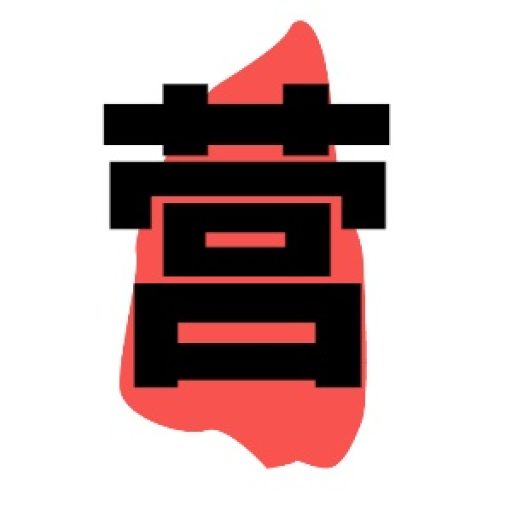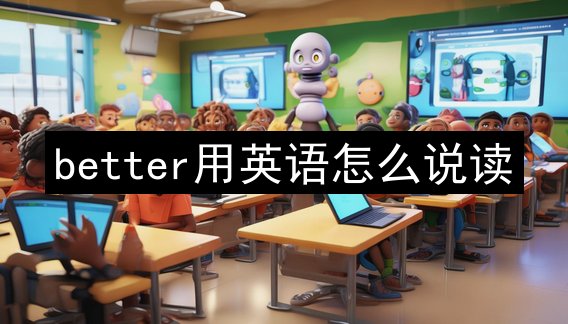1. Better than - 表示“比……更好”:
- "She is better than me in math."(她在数学上比我好。)
- "The new car is better than the old one."(新车比旧车好。)
2. Worse/worst - 表示“比……更差”:
- "He's worse than a rat."(他比老鼠还差。)
- "This movie is worse than I expected."(这部电影比我预期的还要糟糕。)
3. Best - 表示“最好”:
- "I think this restaurant is the best in town."(我认为这家餐厅是城里最好的。)
- "She is the best at playing the piano."(她弹钢琴最好。)
4. Fairly - 表示“相当”:
- "They are fairly good friends."(他们相当好的朋友。)
- "The weather is fairly nice today."(今天天气相当好。)
5. Much better - 表示“大大地好”:
- "Her performance was much better than last year."(她的表演比去年好得多。)
- "The food here is much better than what we had at home."(这里的饭菜比我们在家吃的好多了。)
6. Better off - 表示“过得更好”:
- "He's better off working for someone else."(他换工作后过得更好。)
- "She's better off with her husband than without him."(她和丈夫在一起比单身时过得更好。)
7. Better off than - 表示“比……过得更好”:
- "She's better off than she used to be."(她比过去过得好。)
- "He's better off than his parents were."(他比他的父母过得好。)
8. Better than - 表示“比……更好”:
- "The new model of the car is better than the old one."(新款汽车比旧款汽车更好。)
- "The new software is better than the old one."(新的软件比旧的软件更好。)
9. Better than - 表示“比……更好”:
- "The new version of the game is better than the old one."(游戏的新版本比旧版本更好。)
- "The new restaurant is better than the old one."(新餐馆比旧餐馆更好。)
10. Better off - 表示“过得更好”:
- "He's better off now that he has a steady job."(他现在有稳定的工作,过得更好。)
- "She's better off financially than before."(她现在比之前经济状况更好。)

